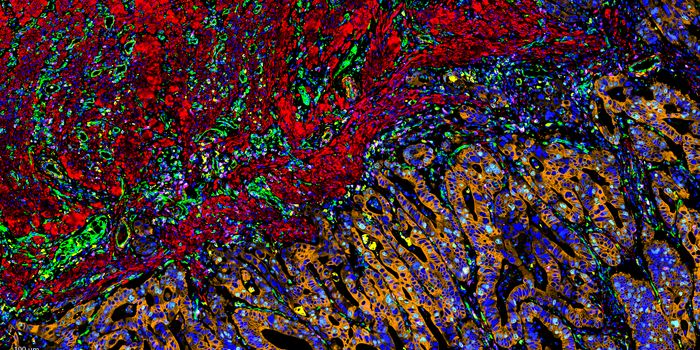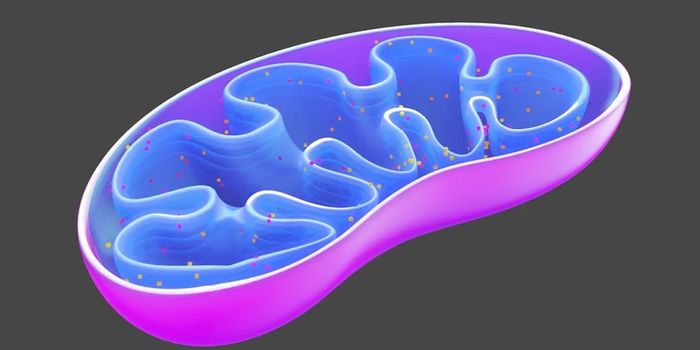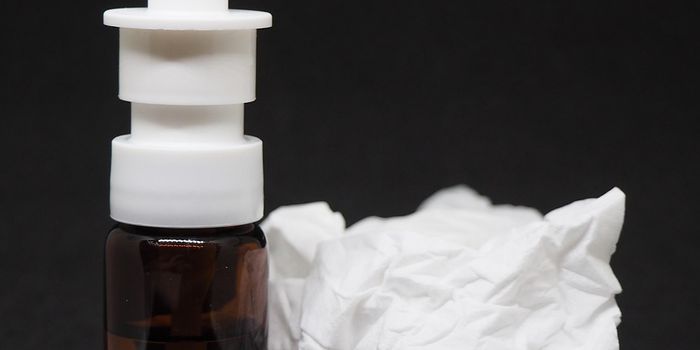New Method of Immunotherapy Improves Treatment Efficacy
The immune system is central to identifying and eliminating foreign pathogens that enter the body. The innate and adaptive immune responses work together to provide effective immunity against invaders. Specifically, the innate immune system is designed to target broad or nonspecific infections. Comparably, adaptive immunity is stronger with a specific immune response. Adaptive immunity functions with two different cell types: T and B cells. Both cells eliminate and neutralize infectious disease in different ways. T cells are crucial for the elimination of disease by directly killing infected cells. B cells or plasma cells generate antibodies which neutralize foreign pathogens.
Cancer and other diseases, such as autoimmune disorders, have limited therapeutic outcomes due to immune cell dysregulation. In cancer, different molecules and proteins secreted by tumor cells alter immune cell function. This dysregulation prevents cells, such as T cells, from recognizing the rapid proliferation of tumors and even promotes cancer progression. Autoimmune disorders occur as a result of the body’s immune system attacking itself. This overactivity of immunity can be debilitating, and breakdown critical tissues and organs needed for survival.
In cancer, a novel T cell therapy has emerged in the last few decades. This treatment is known as chimeric antigen receptor-T cell (CAR-T cell) therapy. This form of treatment is an immunotherapy, which redirects the immune system to recognize tumors. Specifically, CAR-T cell therapy focuses on isolating T cells from a cancer patient, engineering them outside the body to recognize and eliminate tumors cells, and then reinfusing the T cells back into the patient. This therapy has shown promising results in hematologic malignancies, and scientists are working toward applying it to solid tumors. Scientists have also worked on applying this form of therapy to patients with autoimmune disorders. However, CAR-T cell therapy in both contexts have limited efficacy because of low T cell availability in patients, the inability of T cells to travel effectively to sites of infection, and toxicity of treatment.
A recent article in Science, by Drs. Haig Aghajanian, Carl June, and others, demonstrated a new way to generate CAR-T cells that would improve their efficacy in both disease conditions. Aghajanian is an Adjunct Assistant Professor of Medicine at the University of Pennsylvania (UPenn), and Co-Founder and Head of Research at Capstan Therapeutics. June is the Richard W. Vague Professor of Immunotherapy in the Department of Pathology and Laboratory Medicine at the UPenn. He is world renowned for his work on CAR-T cells and has pioneered the field by developing more efficacious CARs.
This new method of CAR-T cell generation occurs directly inside the patient. Researchers used lipid nanoparticles that deliver genetic code to T cells. This inserted code reprograms the T cells to recognize and differentiate ‘good’ versus ‘bad’ cells. The specific genetic code is known as ‘mRNA’ and it does not alter the cell genome permanently, which makes the therapy less toxic. Consequently, the engineered T cells become more robust and effective. The research team hopes to apply this method of therapy generation to other diseases and improve survival in patients with cancer or an autoimmune disorder.








